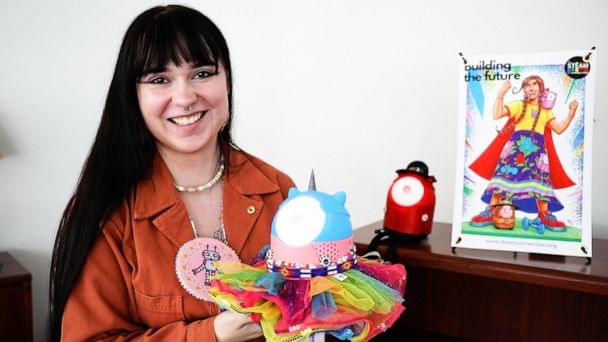https://youtu.be/PmGsbd4_Oas
Do you want your gadgets to be faster? What if your phone can cut the time it takes to.
complete tasks? Or your computer can compute way faster? Most of us do, but with the.
state of current technology, the truth is, they aren’t likely to get much faster than they.
are! For the past decade and a half, the clock rate of single processor cores has stalled.
at a few Gigahertz, and it is getting harder to push the boundaries of the famous.
Moore’s law! However, a new invention by IBM may change all of that! What are optical.
circuits, how do they work, and how will they make your devices faster? Join us as we.
dive into the new optical circuit that surpasses every CPU known to humans!
Disclaimer.
• Our channel is not associated with Elon Musk in ANY way and is purely made for entertainment purposes, based on facts, rumors and fiction. Enjoy Watching Fair Use Disclaimer.
1. The videos have no negative impact on the original works.
2. The videos we make are used for educational purposes.
3. The videos are transformative in nature.
4. We use only the audio component and tiny pieces of video footage, only if it’s necessary.
DISCLAIMER:
Our channel is not associated with Elon Musk in ANY way and is purely made for entertainment purposes, based on facts, rumors, and fiction.
Copyright Disclaimer under section 107 of the Copyright Act 1976, allowance is made for “fair use” for purposes such as criticism, comment, news reporting, teaching, scholarship, education, and research. Fair use is a use permitted by copyright statutes that might otherwise be infringing.


